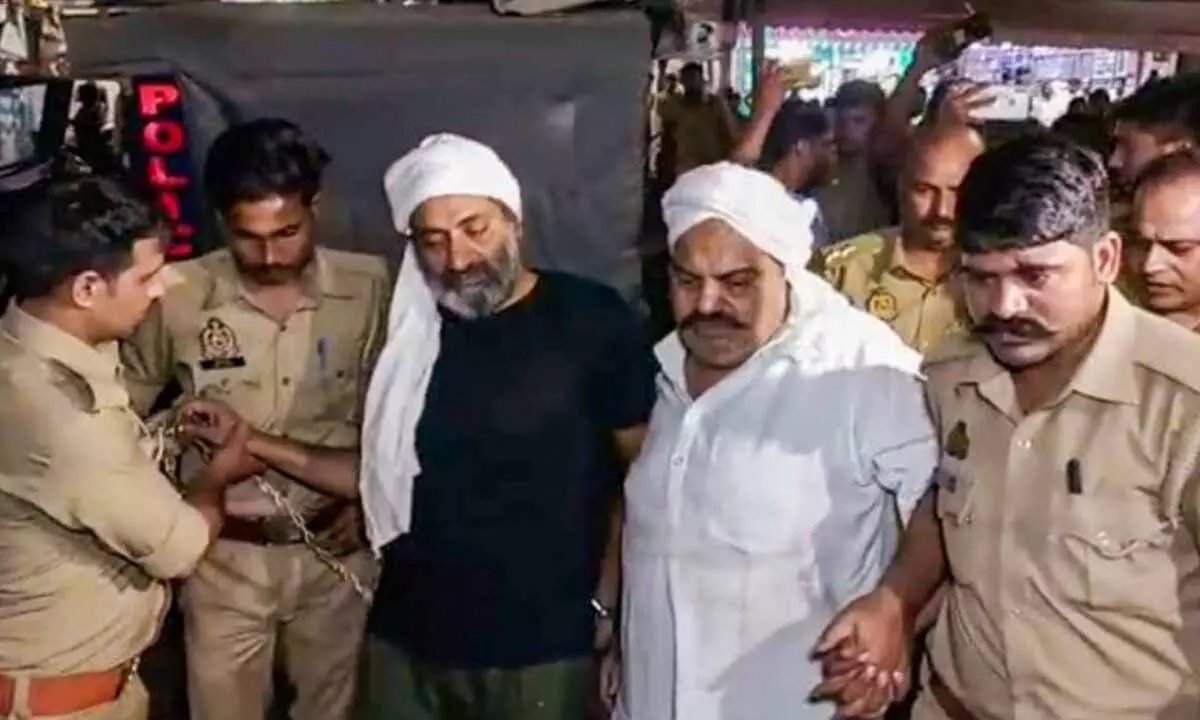Live
- PM Modi holds brainstorming session with economists in run-up to Budget
- “Telangana Ready to Support AI Technologies That Drive Social Impact,” says Special Chief Secy, Jayesh Ranjan at Woxsen University’s Future Tech Summit 2024
- Hero Motosports Team Rally Announces Squad For Dakar Rally 2025
- Two Men Found Dead In Parked Caravan In Kerala
- Mandhana moves closer to top spot in ODI, T20I rankings
- IND vs AUS Boxing Day Test 2024: Sam Konstas Debuts, Travis Head’s Fitness in Question
- Congress Challenges Election Rule Amendments In Supreme Court
- Jaishankar’s US Visit: Key Diplomatic Engagement Amid Leadership Transition
- Orthodox Church Bishop Criticizes PM Modi’s Christmas Celebration Participation
- Janhvi style & grace takes centre stage









